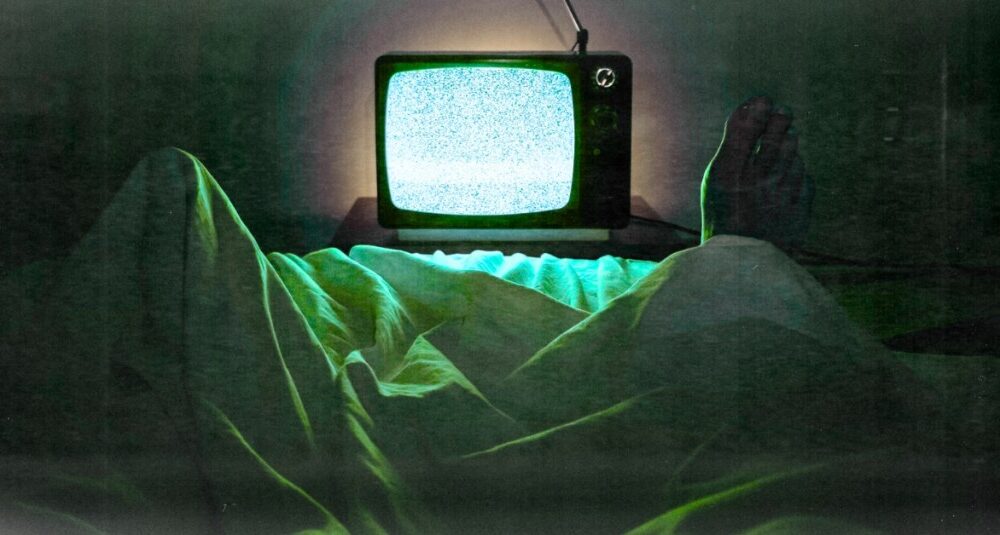A growing body of research indicates that the human brain is not well-suited to function effectively after midnight. Studies suggest that, during the late hours, cognitive processes can become impaired, leading to impulsive behavior and distorted thinking. This phenomenon has been linked to changes in brain chemistry, according to experts in the field.
Dr. Elizabeth Klerman, a neurologist at Harvard University, is one of the researchers advocating for further investigation into this issue. In a 2022 interview, she stated, “There are millions of people who are awake in the middle of the night, and there’s fairly good evidence that their brain is not functioning as well as it does during the day.” Klerman urges that more studies are needed to understand the implications of late-night wakefulness on mental health and decision-making.
Understanding Circadian Rhythms
The theory underpinning these findings is based on circadian rhythms, the body’s internal clock that regulates various functions, including sleep, hormone levels, and mood. During daylight, the brain operates in a mode that promotes reward, cooperation, and focused thought. However, at night, these systems shift into what is described as survival mode, heightening sensitivity to threats and negativity. This reaction is believed to be an evolutionary adaptation from times when nighttime posed dangers.
Researchers have observed that this natural wiring can lead to adverse behaviors in modern society. For instance, studies have shown that individuals are more likely to engage in binge-eating, substance use, and other self-destructive behaviors during nighttime hours. Notably, one study indicated that the risk of suicide triples between midnight and 6 a.m., a period when cognitive functions such as reasoning and impulse control are at their lowest. The authors of the study emphasized that, during these hours, feelings of loneliness and despair might drive individuals toward extreme decisions.
Mental Health Implications
As the brain’s functioning diminishes after midnight, individuals often find themselves caught in a cycle of negative thoughts and behaviors. Late-night activities, such as scrolling through social media or impulsively shopping online, can exacerbate feelings of restlessness. Without adequate sleep, emotional resilience weakens, and even minor issues can appear overwhelming.
Researchers from Harvard and the Massachusetts General Research Institute believe this new understanding could reshape approaches to insomnia and substance use, particularly for those in professions that require night shifts. Workers such as nurses, pilots, and warehouse employees may be operating under compromised cognitive conditions for extended periods.
Given these findings, experts recommend simple strategies for those who find themselves awake during these late hours. Engaging in calming activities, such as eating a light snack or reaching out to a friend, can provide much-needed support. Ultimately, while the brain may endure the challenges of nighttime wakefulness, it is not inherently designed to thrive in that environment.







